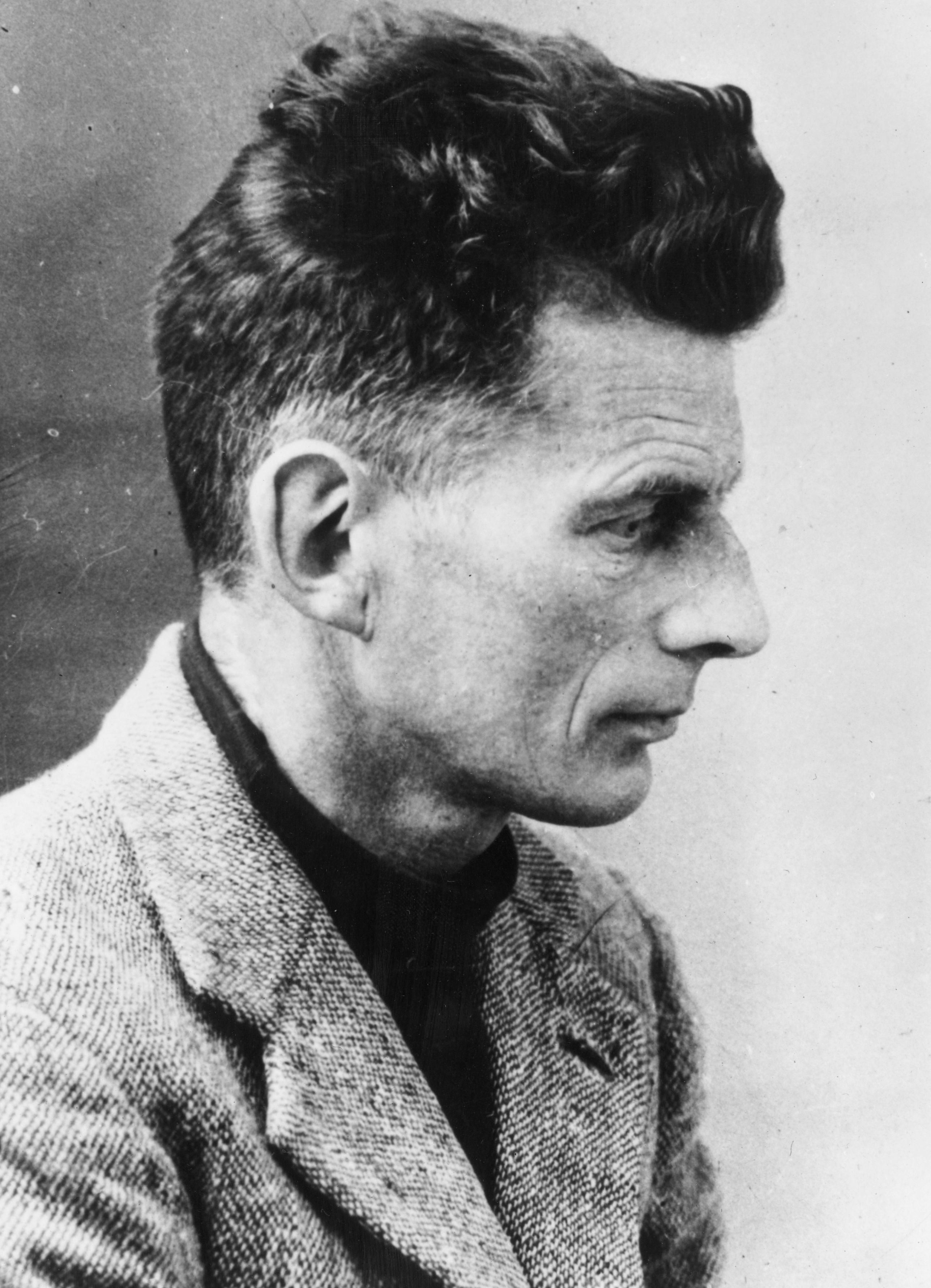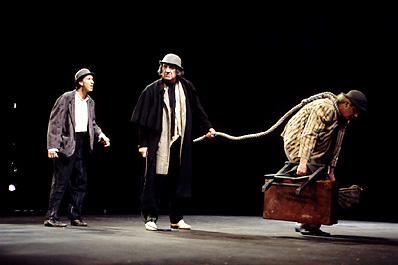Beckett, Samuel (1906-1989), was an Irish novelist, playwright, and poet. He received the Nobel Prize in literature in 1969.

Samuel Barclay Beckett was born on April 13, 1906, in Foxrock, a suburb of Dublin. He graduated from Trinity College in Dublin in 1927 and joined the literary circle that surrounded Irish novelist James Joyce in Paris. Beckett’s first novel, Murphy (1938), displays an exuberant language that reflects Joyce’s influence. In 1937, Beckett settled in France.
After World War II ended in 1945, Beckett began to write major works in French, including his trilogy of novels, Molloy, Malone Dies, and The Unnamable (1951-1953). He continued to write in both English and French, translating his works from one language to the other. Beckett’s play Waiting for Godot (1953) established him as the principal figure in the international literary and theatrical avant-garde (see Avant-garde). A series of celebrated dramas followed, including Endgame (1957), Krapp’s Last Tape (1958), Happy Days (1961), Play (1963), Not I (1973), and Rockaby (1981). Beckett, who also wrote for radio and television, became the most influential playwright of his generation. The impact of his writing may be seen in the plays of Harold Pinter, Tom Stoppard, Edward Albee, and Sam Shepard.

Beckett’s work was consistently radically experimental. His fiction and drama became increasingly simplified in the elimination of all but a few details. One main image occurs throughout his works, an aging person struggling with his or her perception of the surrounding environment. As images of the past revolve in the imagination of these figures, they question their identity and the authenticity of their being. Beckett died on Dec. 22, 1989. His The Complete Short Prose, 1929-1989 was published in 1996, after his death.
See also Waiting for Godot.
